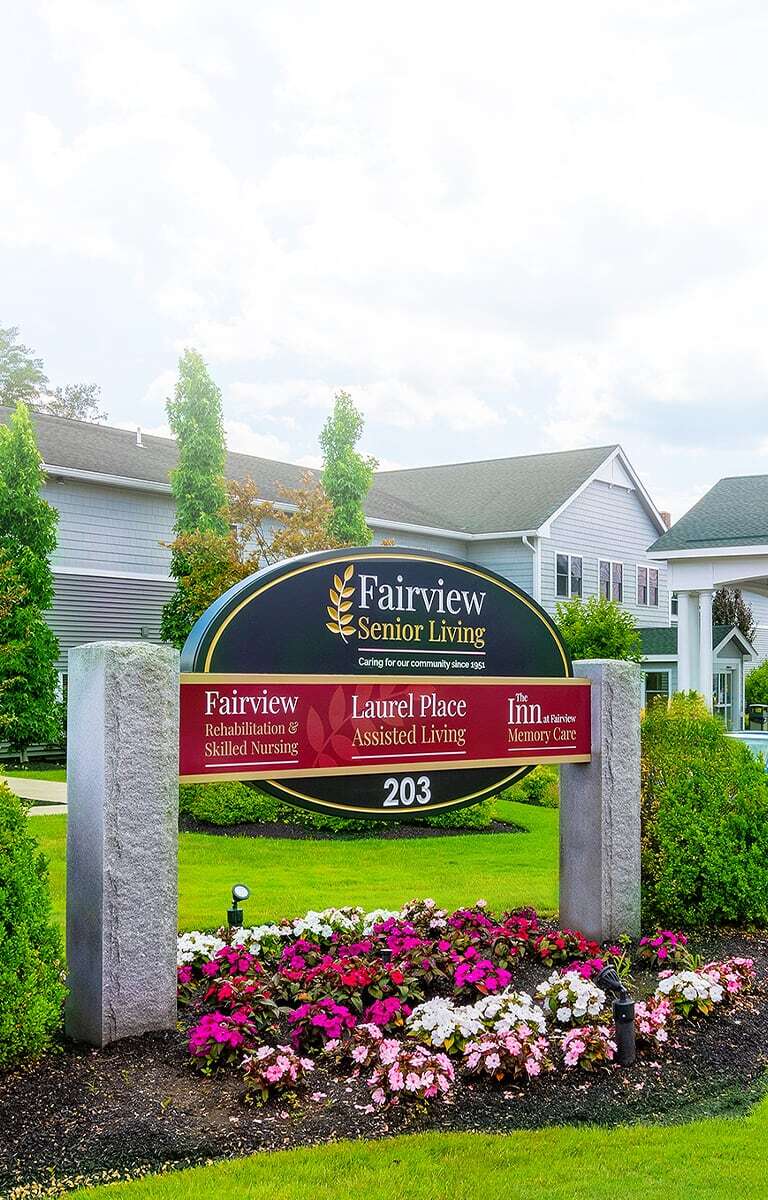For many seniors, recognizing and accepting the need for extra help with daily living activities or medication management can be at odds with their desire for freedom and flexibility. After having lived most of their adult lives with the option to go wherever they want (as responsibilities allow!), few people want to give up that freedom.
Rest assured, though, that older adults moving into assisted living communities are still welcome to come and go as they please. Assisted living communities are designed for comfort and security so residents have more time for the things they love.
What is Assisted Living?
Assisted living facilities are designed to balance independent living and the need for assistance with daily activities. These communities offer a supportive environment where residents can maintain their autonomy while receiving personalized care. Assisted living often includes:
- Full-service dining for three daily meals
- Nutrition management
- Meal delivery in the event of temporary illness
- 24-hour nursing care
- Medication administration and management
- Assistance with daily living activities as needed
- Housekeeping and laundry services
- A full schedule of community-led activities
These benefits make assisted living ideal for individuals who may require help with tasks like medication management, bathing, or dressing, but who don’t need the round-the-clock medical attention provided by more intensive forms of care.
Family caregivers often seek assisted living for their loved ones when they notice a marked decline in their loved one’s ability to manage day-to-day activities. Assisted living typically offers private or semi-private apartments equipped with essential amenities. These communities foster social engagement through various activities and events, helping residents maintain a fulfilling life.
The Freedom & Flexibility of Assisted Living
One of the primary concerns for family caregivers is whether residents in assisted living can enjoy the same level of freedom they experienced at home. The good news is that assisted living facilities prioritize resident independence while still ensuring their safety and well-being. Most communities allow residents to come and go freely, respecting their autonomy and personal preferences.
Residents can typically maintain their daily routines and partake in activities outside the community, such as visiting family, running errands, or attending social events. Some communities even provide transportation services to facilitate outings and appointments, making it convenient for residents to stay connected.
Balancing Safety With Independence
Achieving a balance between safety and independence is a fundamental goal of assisted living communities. As such, these communities often provide:
- Round-the-clock trained staff to address residents’ needs and respond to emergencies.
- Safety features, including handrails, emergency call systems, and secure entryways to prevent accidents and unauthorized access.
- Care plans that are tailored to meet each resident’s unique requirements, allowing them to receive the right level of support without compromising their independence.
By fostering an environment that values safety and independence, assisted living communities empower residents to lead fulfilling lives while also giving family caregivers confidence that their loved ones are well cared for.

What Services Do Most Assisted Living Communities Provide?
To ensure a comfortable and supportive environment, assisted living offers a range of services designed to meet the diverse needs of their residents. These services are tailored to provide assistance with daily activities, promote social interaction, and enhance overall well-being.
- Personal care services help with bathing, grooming, dressing, and medication management.
- Dining services typically offer nutritious and balanced meals, accommodating dietary restrictions and preferences.
- Housekeeping and laundry services relieve residents of these responsibilities, allowing them to focus on enjoying their daily lives.
- Social and recreational activities foster a sense of camaraderie and engagement among residents. Communities often organize events, workshops, and outings to encourage participation and create opportunities for meaningful connections.
When Should Someone Move to Assisted Living?
There is no “best” age for anyone to transition to assisted living. It’s often a personal decision influenced by various factors, including:
- Experiencing difficulties with daily activities
- Requiring ongoing support to manage medical conditions
- The desire for more social and community engagement
- Difficulty keeping up with housework and maintenance
Ultimately, the decision to move to assisted living should be guided by your loved one’s unique circumstances and aspirations. However, moving into assisted living sooner rather than later can help you and your family proactively help your loved one transition into the next stage of life. This can enhance quality of life and prevent potential emergencies.
By engaging in open and honest conversations and seeking input from healthcare professionals, you can make informed choices that enhance your loved one’s well-being and happiness.
Specialized Care & Freedom
Assisted living facilities provide a supportive environment where residents can enjoy their freedom while also receiving any extra care they might need. By evaluating the services available and addressing their loved one’s needs and preferences, family caregivers can explore the suitability of assisted living for their loved ones.
Fairview Senior Living strives to create positive memories with our residents through top-quality care, genuine compassion, and personal connections. Contact us today to see how we can provide your loved one with a trustworthy and caring atmosphere.




